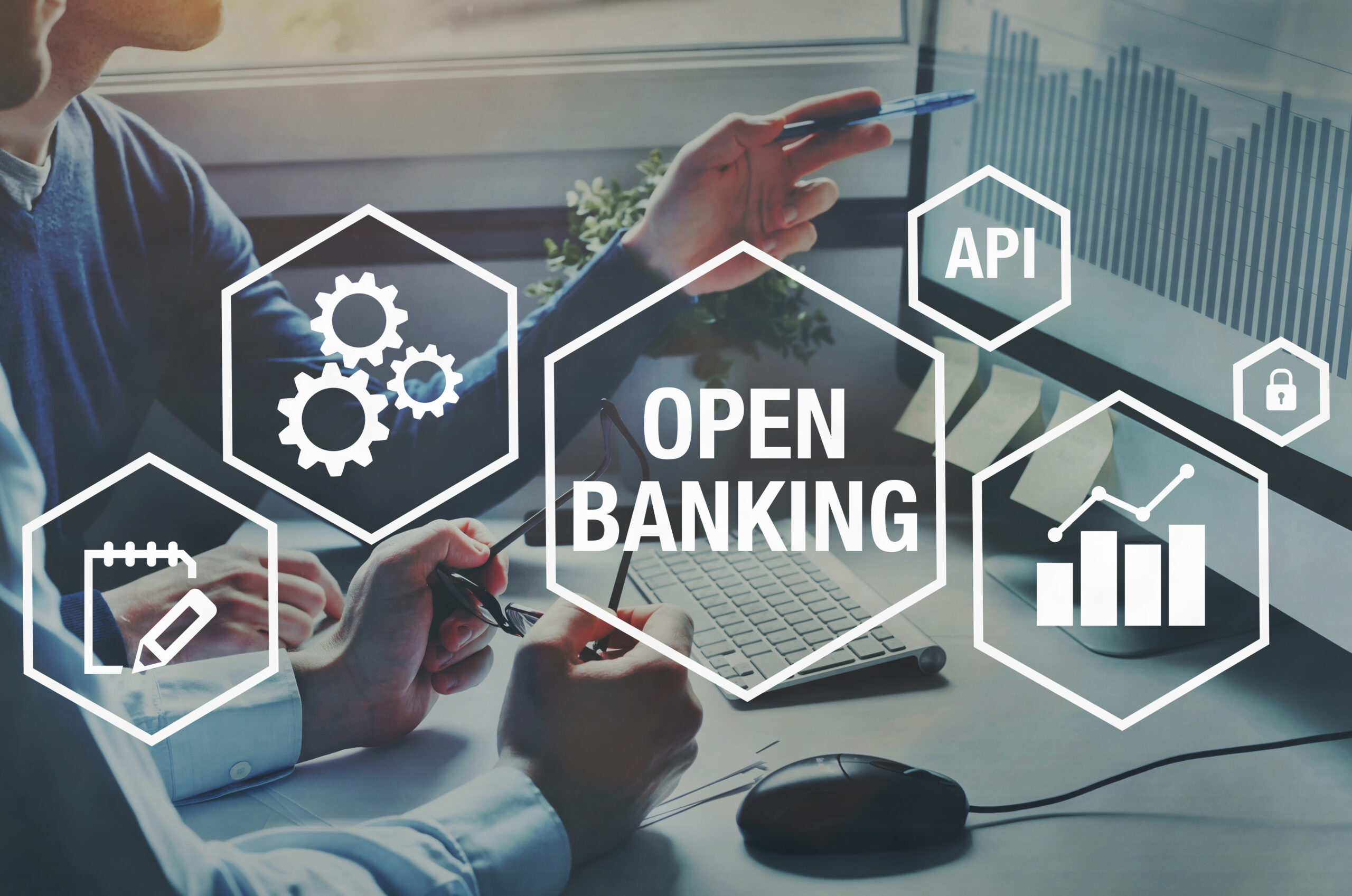 Back
Back
The deep dive: Open Banking in UAE
By Puja Sharma
 The deep dive’ is our bi-weekly exploration of a relevant topic, hot trend, or new product. For Prime subscribers only.
The deep dive’ is our bi-weekly exploration of a relevant topic, hot trend, or new product. For Prime subscribers only.
How does it work?
The Open Banking market across Arab Countries to grow by 25% annually over the next five years, The Arab Monetary Fund (AMF) said in a report issued today, presenting guidelines for an “Effective Open Banking/ Finance Adoption”. The report was produced by members of the Arab Regional Fintech Working Group (WG) in collaboration with 10 Arab Central Banks and regional Open Banking firm Fintech Galaxy. The guide was released in line with the Fund’s endeavours to support Arab central banks in their journey to adopt an effective framework for Open Banking/Finance schemes.
The “Guidelines for an Effective Open Banking/ Finance Adoption” explores the landscape of Open Banking/Finance in the Arab region, highlighting key developments and associated challenges in several Arab countries, including Jordan, UAE, Bahrain, Saudi Arabia, Iraq, Oman, Palestine, Kuwait, Egypt, and Morocco.
It also dives deep into global regulatory frameworks surrounding Open Banking/ Finance, best practices from leading jurisdictions, requirements and prerequisites for adoption, challenges in deployment, lessons learned from global adoption, and recommendations for a successful implementation and financial inclusion enhancement.
Who is under the radar?
An effective Open Banking/Finance regulatory framework takes into consideration diverse aspects to provide a sound foundation for the Open Banking ecosystem. These include a definition of Open Banking, types of participants, the scope of data to be shared, data access and sharing requirements, consent mechanism and informed consent, data security, identifying the regulated Third Party Providers (TPPs), access to TPPs, licensing of diverse services providers, operational and technical requirements, consumer safeguards, governance scheme for the implementation of the Open Banking/Finance framework and Application Programming Interfaces (APIs), standardization of APIs, as well as standardization of contractual terms with non-regulated entities.
Why does it matter now?
To embrace Open Banking/Finance, authorities need to incorporate relevant frameworks and enable the market to leverage the potential of Open Banking and APIs to deploy several use cases, including account aggregation, credit scoring services, digital identity verification, remote customer onboarding, digital lending, personal financial management, account-to-account payments for large purchases, as well as Buy Now Pay Later (BNPL) arrangements.
Mirna Sleiman, Founder and CEO of Fintech Galaxy, highlighted that “Prepared in partnership with Fintech Galaxy and Central Banks from various Arab countries, this guideline offers a roadmap that everyone can learn from and grow with as it simplifies complex concepts and helps fast-track Open Banking adoption across the region. The collaborative approach aims to share best practices, present new opportunities and create value to all parties.”
IBSi FinTech Journal

- Most trusted FinTech journal since 1991
- Digital monthly issue
- 60+ pages of research, analysis, interviews, opinions, and rankings
- Global coverage
Other Related News
Related Reports

Sales League Table Report 2025
Know More
Global Digital Banking Vendor & Landscape Report Q2 2025
Know More
NextGen WealthTech: The Trends To Shape The Future Q4 2023
Know More
Intelligent Document Processing in Financial Services Q2 2025
Know More


